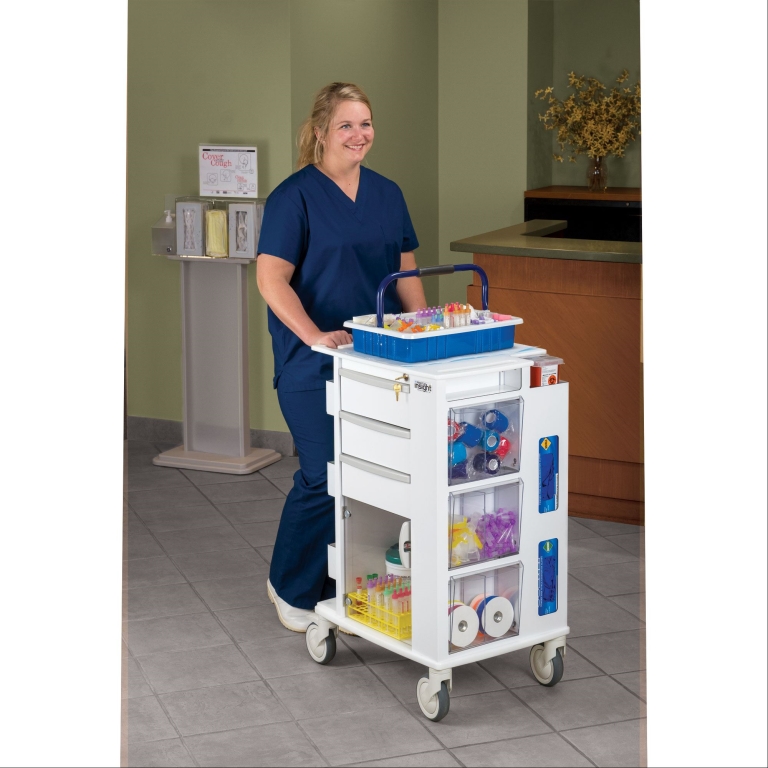Mastering the Phlebotomy Board Exam: Essential Tips to Boost Your Certification Success
passing the phlebotomy board exam is a significant milestone for aspiring phlebotomists.It not only validates your skills and knowledge but also opens doors to rewarding healthcare careers. However, preparing for this critical assessment can feel overwhelming without a strategic approach. Whether you’re a recent graduate or re-certifying, understanding the most effective planning strategies can make all the difference. In this comprehensive guide, we’ll explore essential tips, practical advice, and insider secrets to help you master the phlebotomy board exam and achieve your certification success.
Understanding the Phlebotomy Board Exam
The phlebotomy certification exam is designed to evaluate your proficiency in blood collection procedures, safety protocols, anatomy, and infection control. Different certifying organizations, such as the American Society for Clinical Pathology (ASCP) or the National Healthcareer association (NHA), may have slightly varying exam formats, but the core content remains consistent.
Typically, the exam covers these key areas:
- Blood collection procedures and equipment
- Venipuncture and capillary puncture techniques
- Patient interaction and confidentiality
- Safety and infection control
- Human anatomy and physiology relevant to blood collection
- Legal and ethical considerations
Benefits of Proper Preparation
Investing time and effort into exam preparation offers numerous benefits, including:
- Increased confidence when taking the exam
- higher likelihood of passing on your first attempt
- Reduced exam anxiety and stress
- Enhanced knowledge and practical skills
- Long-term career advancement through recognized certification
Practical Tips to Ace the Phlebotomy Board Exam
1. Understand the Exam Format and Content
Familiarize yourself with the exam outline provided by your certifying body. Review sample questions, practice tests, and exam blueprints. Knowing what to expect helps you allocate your study time effectively.
2. Develop a Structured Study Plan
Create a comprehensive study schedule covering all exam topics. Break down your preparation into manageable chunks, dedicating specific days to anatomy, procedural skills, safety protocols, and practice questions.
3. Use Reliable Study Resources
- Official certification study guides
- Online practice exams and quizzes
- Flashcards for terminology and procedures
- Interactive tutorials and videos
4. Master Clinical Procedures and skills
Practical knowledge is critical. Practice venipuncture and capillary collection techniques regularly, if possible, under supervision. Visual aids and simulation can boost your confidence and dexterity.
5. Prioritize Safety and Ethical Considerations
Ensure you’re well-versed in infection control,patient confidentiality,and OSHA regulations. These are often featured prominently in exam questions.
6. Practice Time Management
During your practice exams, simulate real test conditions to improve your pacing. Allocate specific time for each section and question type to prevent running out of time.
Sample Study Schedule for Optimal Results
| Week | Focus Area | Activities |
|---|---|---|
| Week 1 | Anatomy & Pharmacology | Review blood anatomy, circulatory system, patient interactions |
| Week 2 | Procedures & Equipment | Practice venipuncture, review collection techniques |
| Week 3 | Safety & Infection Control | Study OSHA guidelines, aseptic techniques |
| Week 4 | Practice & Review | Take practice exams, review weak areas, reinforce skills |
Challenges and How to overcome Them
Common Challenges
- Lack of time for study
- Test anxiety or confidence issues
- Difficulty mastering hands-on skills
- Understanding complex medical terminology
Strategies to Overcome Challenges
- For time management: Stick to your study schedule and set specific goals daily.
- For exam anxiety: Practice relaxation techniques, ensure adequate rest before the exam.
- For skill mastery: Attend additional workshops or seek mentorship from experienced phlebotomists.
- For terminology: Use flashcards and mnemonic devices to retain medical terms more effectively.
real-Life Case Studies of Prosperous Certification
Case Study 1: From Nervous Beginner to Certified pro
Jane, a recent graduate, felt overwhelmed preparing for her phlebotomy certification exam. She created a detailed study plan, practiced skills daily, and participated in online mock exams.Her confidence grew, and she passed on her first try, landing a job in a major hospital shortly after. Her story emphasizes the importance of consistent practice and resource utilization.
Case Study 2: Overcoming Test Anxiety
Mike struggled with exam anxiety that hampered his performance.He incorporated mindfulness and breathing exercises into his routine, which substantially reduced his stress levels. With targeted practice and relaxation techniques, he successfully passed the exam and gained confidence, demonstrating that mental preparation is as vital as academic readiness.
Final Tips and Takeaways
- dedicate consistent, focused time to study and practice.
- Utilize high-quality study materials and practice exams.
- Prioritize hands-on skill development alongside theoretical knowledge.
- Take care of your mental and physical health to perform at your best.
- stay positive and motivated-believe in your ability to succeed!
Ready to Ace Your Phlebotomy certification?
Start your preparation today with our recommended resources, practice tests, and expert tips. Mastering the phlebotomy board exam is within your reach-confidence,competence,and certification are just a few steps away!
Conclusion
Mastering the phlebotomy board exam requires dedication,strategic planning,and practical preparation. By understanding the exam structure, focusing on core competencies, practicing regularly, and adopting effective study habits, you can significantly increase your chances of certification success. Remember, every step you take toward preparation brings you closer to a rewarding career in healthcare. Stay motivated, utilize available resources, and approach your exam with confidence. Your journey to becoming a certified phlebotomist starts now!
